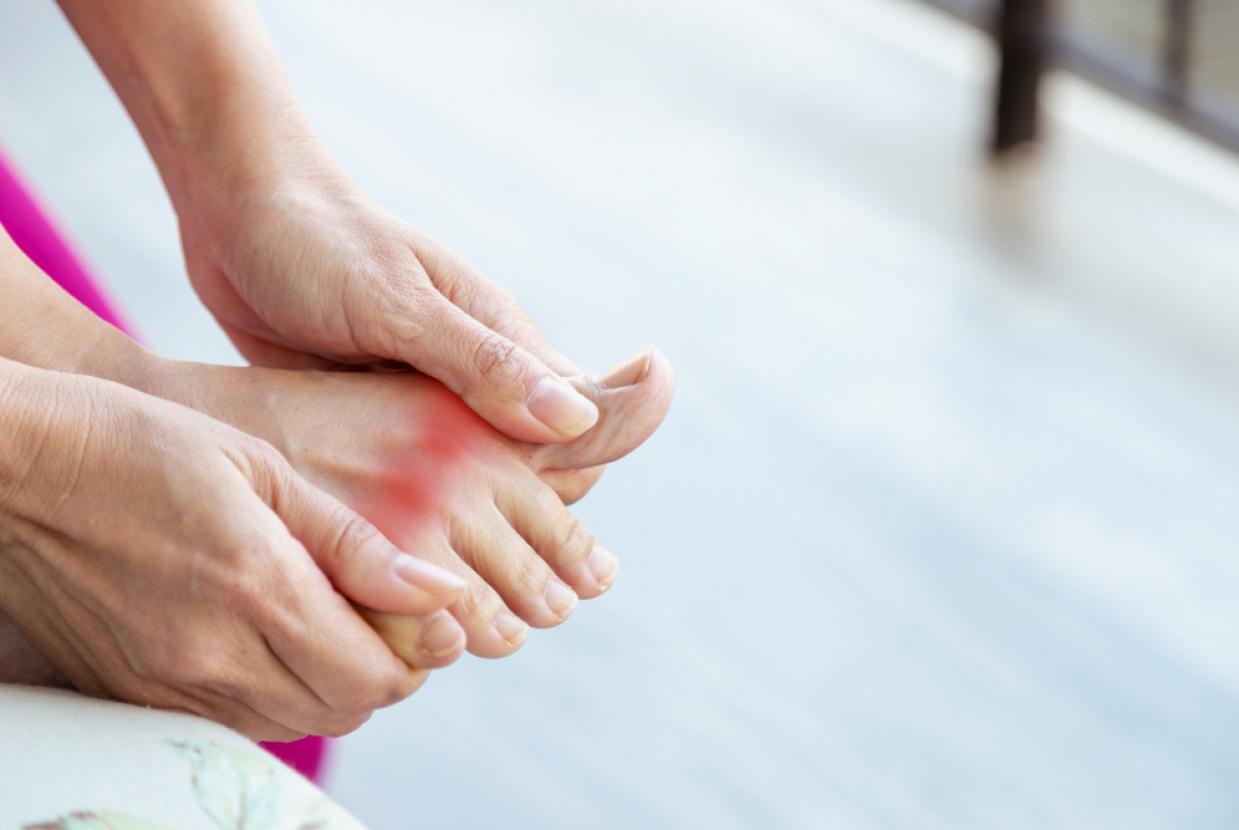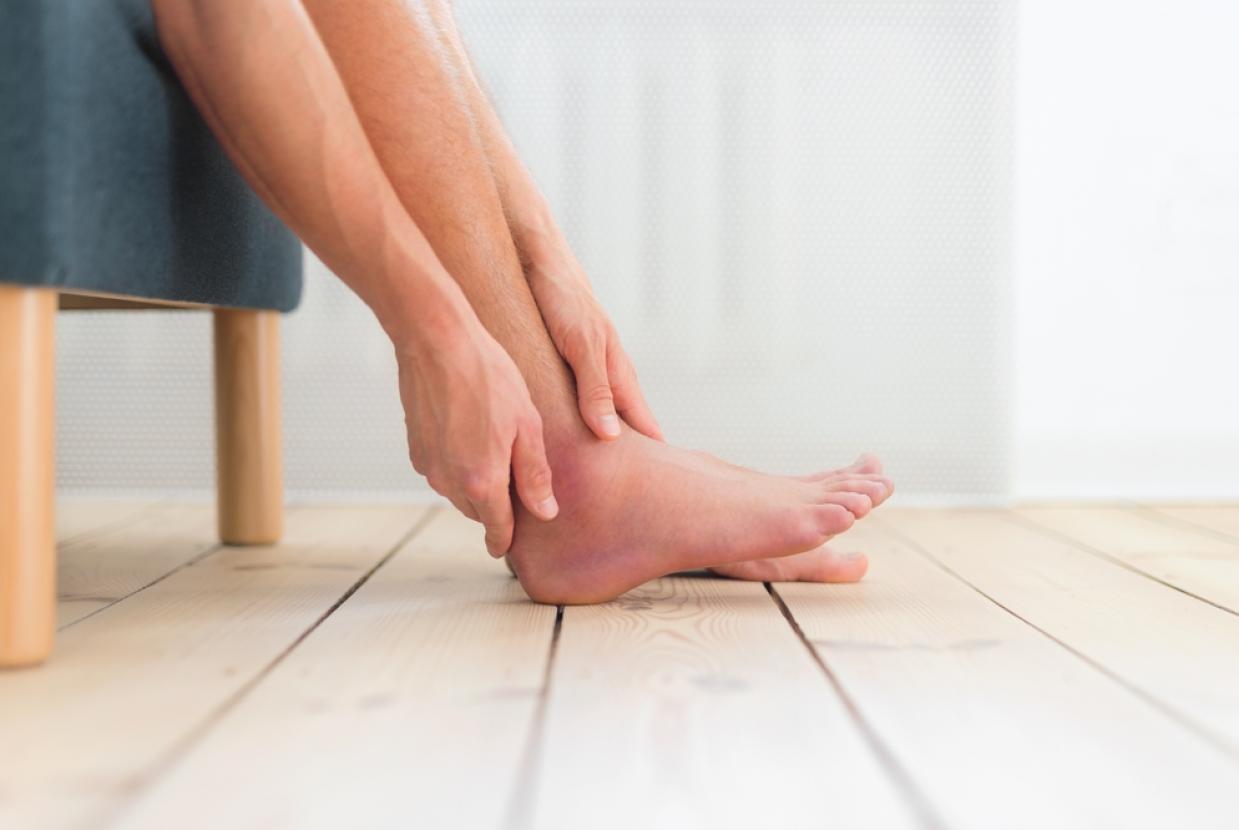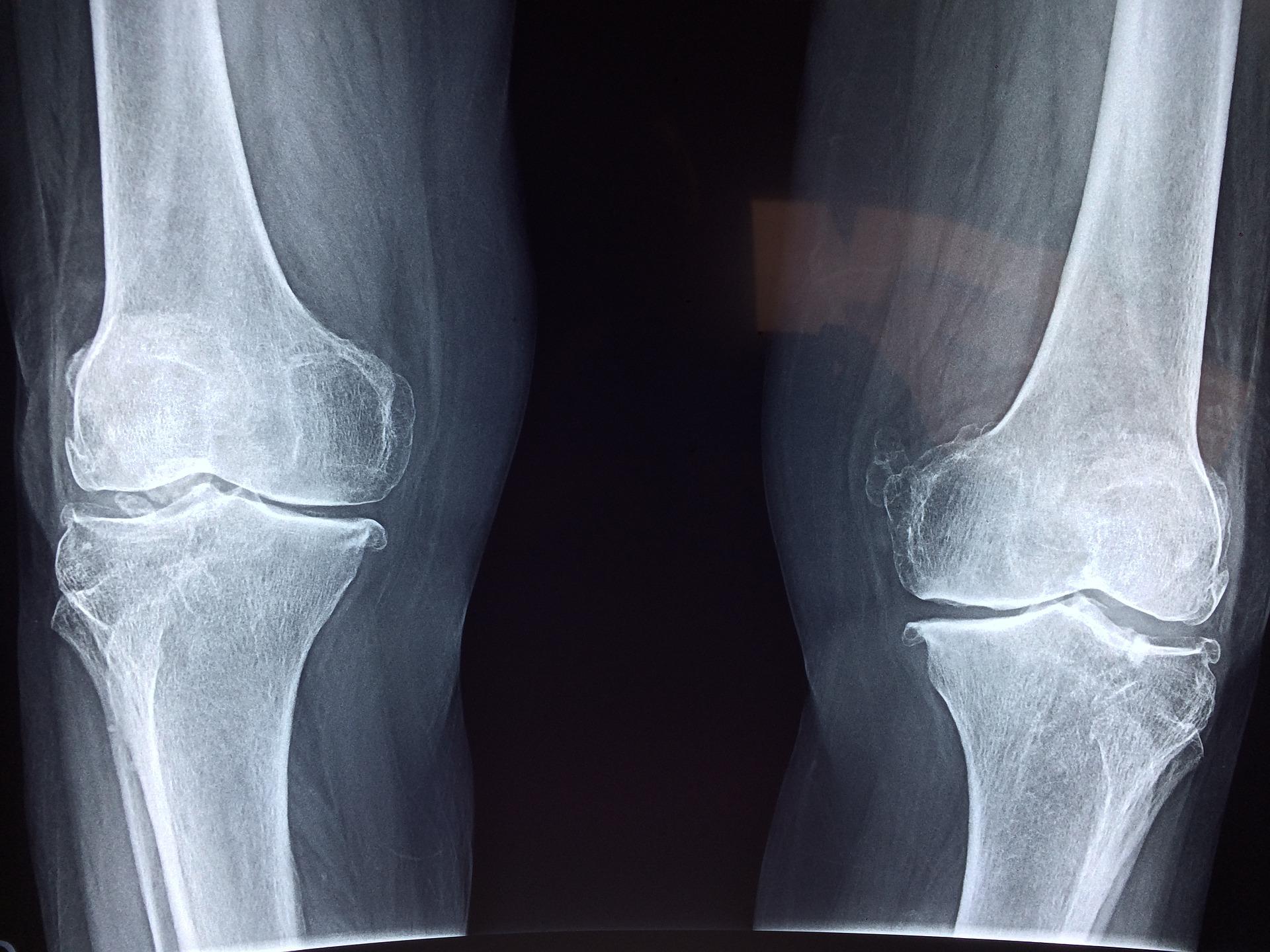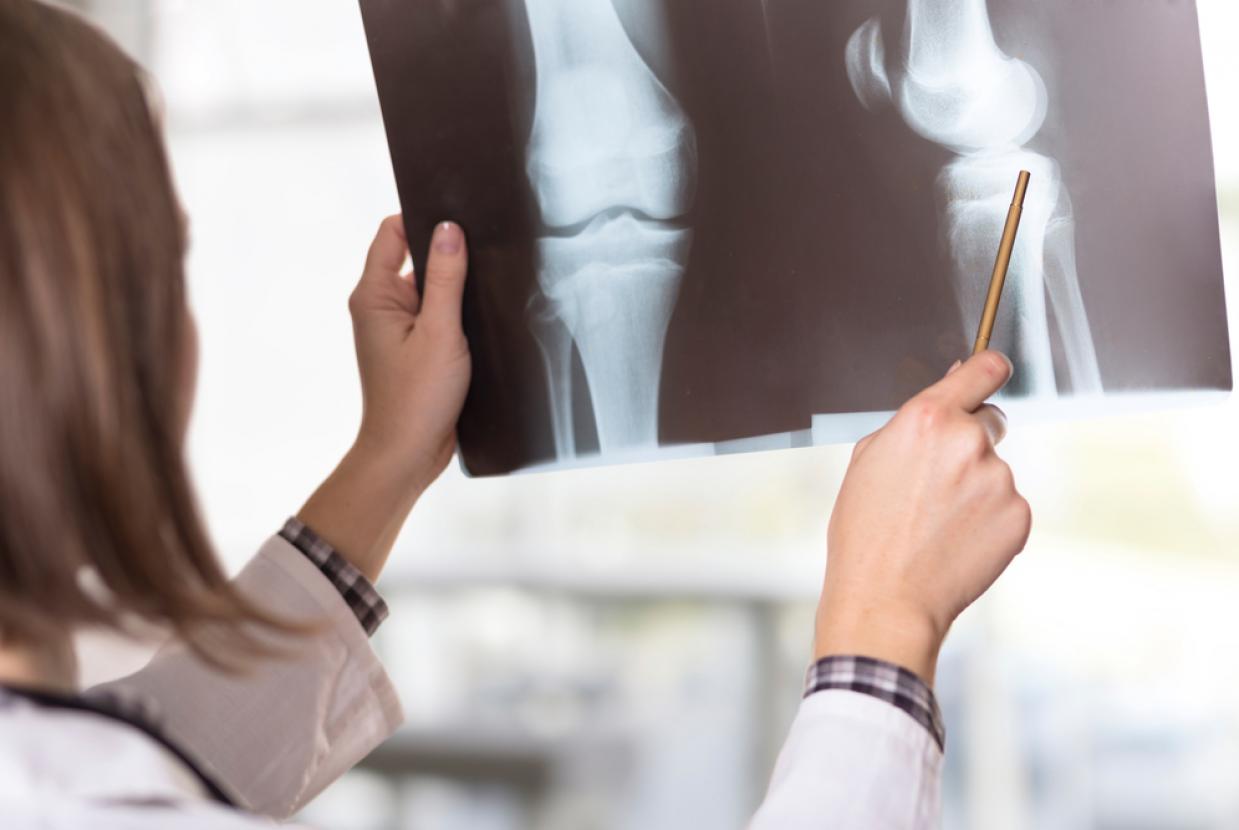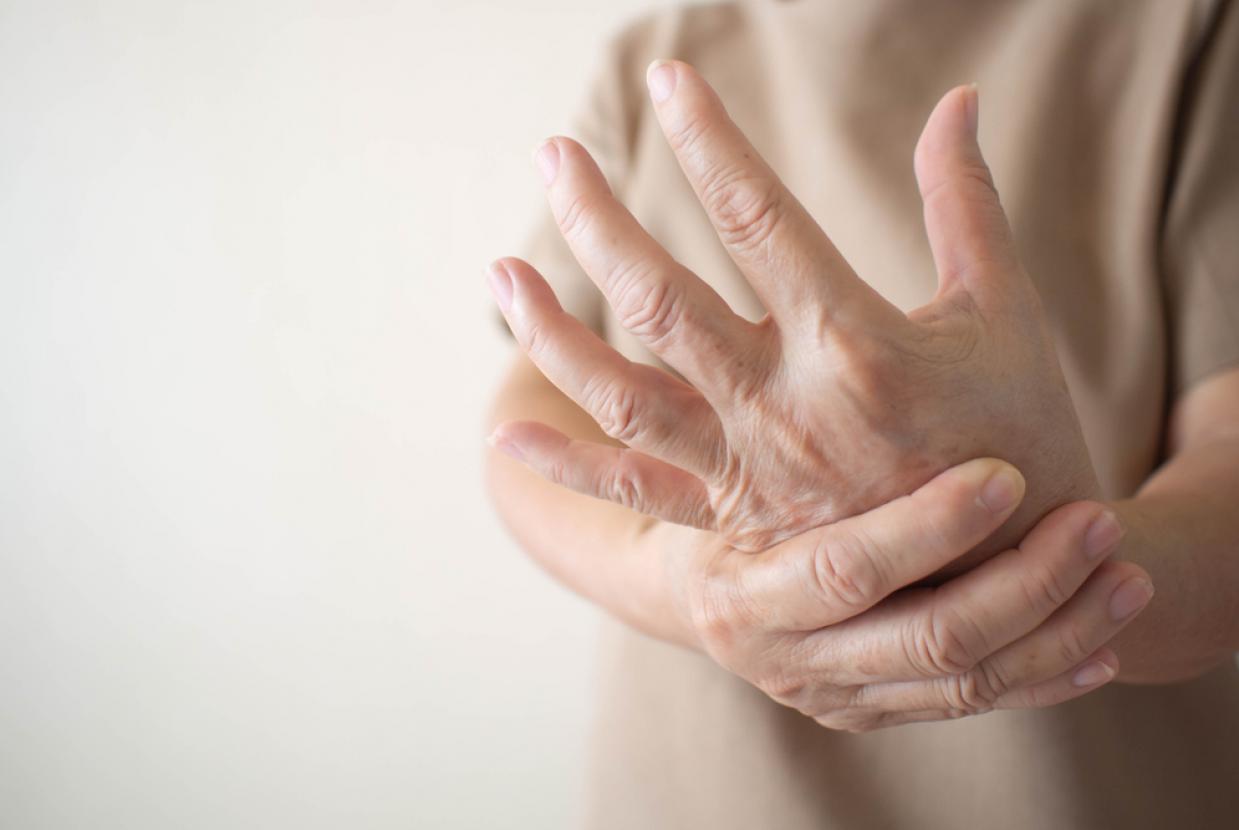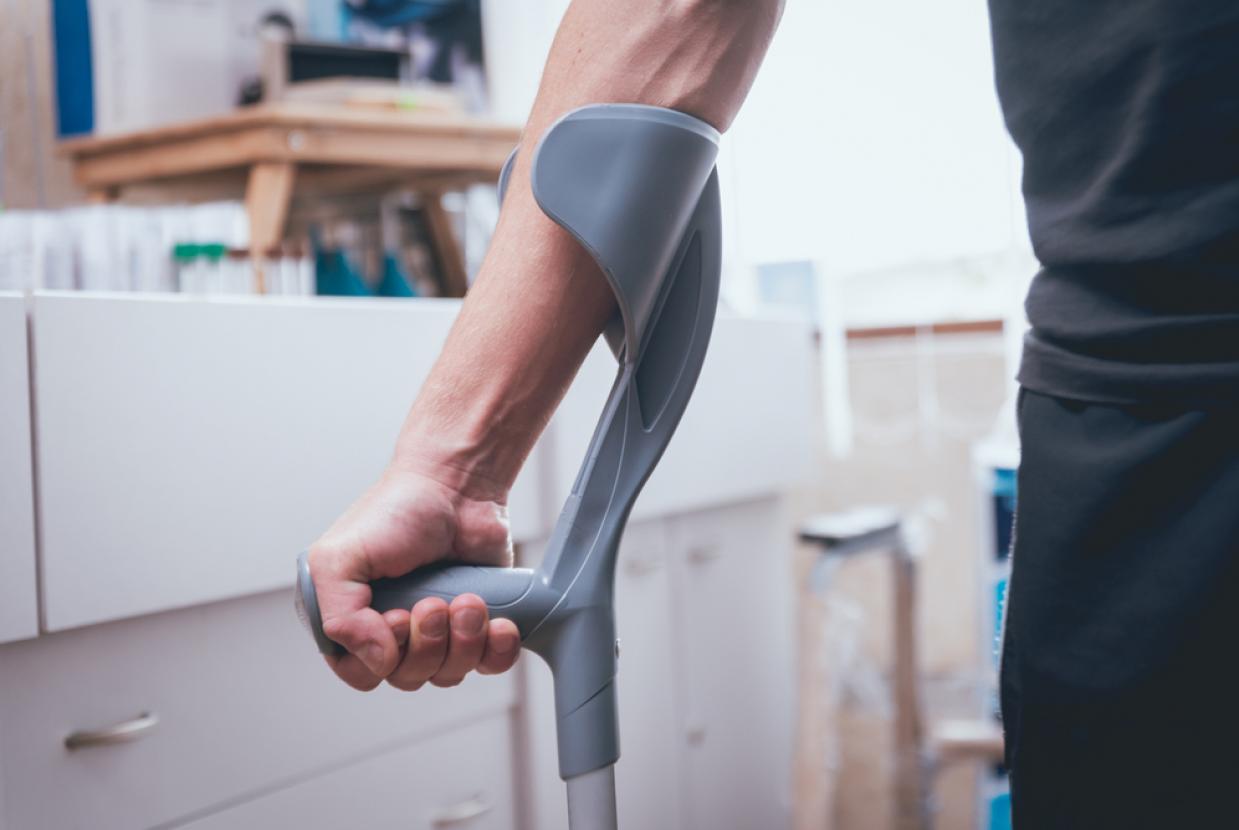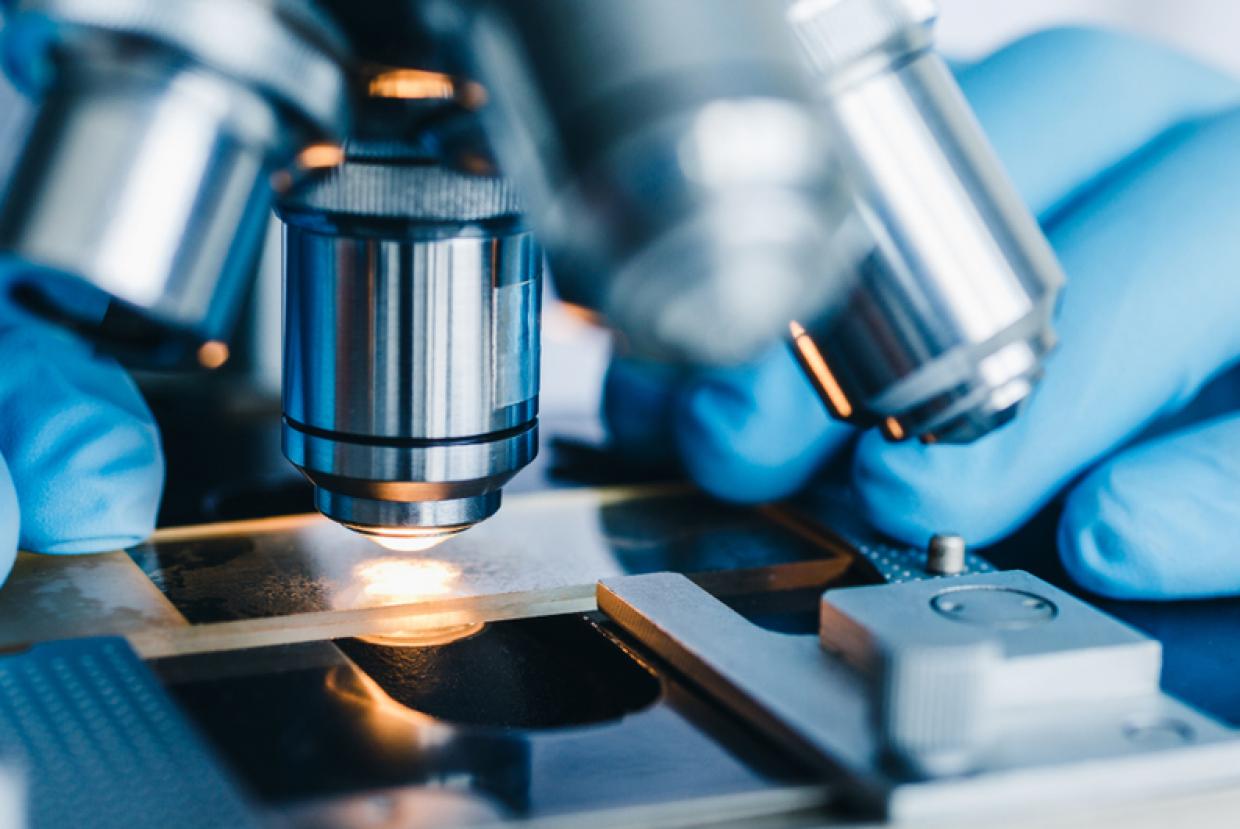Gout
Gout is a form of arthritis caused by too much uric acid in the blood. High levels of uric acid do not always cause gout but in some people, uric acid in the blood leads to crystals forming in the joints and this can trigger an attack of gout.
Some people will only have one or two attacks of gout and then no more but if the gout attacks continue, the gaps between the attacks tend to get smaller and joint damage starts to happen. If the gout attacks are still not treated, over several years or decades, uric acid crystals can collect to form firm white lumps called tophi, especially at the ends of the fingers and toes, but also in other places such as the Achilles’ tendons or ears. These tophi can become inflamed or infected and can be extremely painful.
What causes gout?
Gout is a type of inflammatory arthritis caused by crystals of uric acid in the joints. These crystals can trigger sudden attacks of swelling, heat and redness in the joints which can be excruciatingly painful and disabling. During an attack, the joints may be so painful that even the lightest touch such as bedclothes can be unbearable. Uric acid crystals form in the joints when the level or uric acid in the blood is too high.
Uric acid in the blood comes naturally from the breakdown and recycling of purines in our food and from body tissues, and is usually passed out by the kidneys. Too much uric acid in the blood for long periods can cause recurrent attacks of gout which are more common in men and older women, can run in families, and can be caused by certain medicines, drinking alcohol and more unusually by eating large amounts of certain foods.


